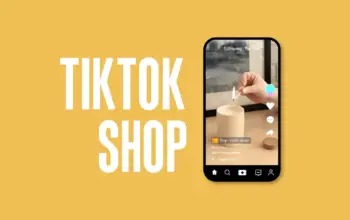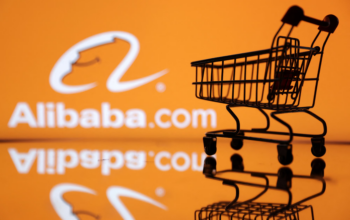Uzone.id—In this age of technology, influencer marketing has become a powerful strategy for businesses to reach their target audience. Micro-influencers are emerging as a significant force among the diverse types of influencers, especially in the local market.
With a smaller but highly engaged follower count, micro-influencers offer a more personalized and authentic approach, building strong connections with specific communities and driving significant impact for local businesses.
Micro-influencers are individuals with a follower count between 10,000 to 50,000 on social media platforms. Unlike mega-influencers or celebrities with millions of followers, micro-influencers tend to have a more niche focus and a more specific audience. This allows them to build closer and more personal relationships with their followers, creating a sense of trust and authority within a particular community.
One of the main advantages of micro-influencers is their ability to generate higher engagement. Due to more personalized interactions and content that are more relevant to their followers’ interests, micro-influencers often see much higher levels of engagement (such as comments, likes, and shares) than influencers with larger followers. This high engagement rate indicates that the message conveyed by micro-influencers is more likely to be heard and considered by the audience.

Photo: Eaters Collective/Unsplash
In other words, the key to micro-influencers’ success lies in a strong relationship with their audience. In many cases, micro-influencers are individuals who are already known and respected in their communities, whether through social activities, work, or a specific hobby. This gives them an edge in influencing their followers, especially in the context of products or services that are relevant to their daily lives.
Another advantage is the lower cost compared to big influencers. Working with micro-influencers can be an effective and efficient solution for local businesses with limited marketing budgets. They offer more affordable rates but significantly impact reach and sales conversions. This makes micro-influencers ideal for small and medium-sized businesses looking to introduce their products to the local market.
In the local market itself, the power of micro-influencers is increasingly felt. They are often integral to the local community, understanding the region’s cultural nuances, trends, and consumer preferences. This in-depth knowledge allows them to create highly relevant content that resonates with local audiences, building stronger connections and driving more effective actions.
For example, a culinary micro-influencer in a small town can build a community of followers interested in local food and restaurants. Their recommendations and reviews about local restaurants can significantly impact customer visits and sales. This is because their followers trust the influencer’s opinions as part of the same community and have similar interests.
In addition to high engagement and deep local understanding, micro-influencers offer better cost-effectiveness than influencers on a larger scale. The cost of working with micro-influencers is generally more affordable, allowing local businesses on a budget to leverage the power of influencer marketing effectively.

Photo: M Cooper/Unsplash
While micro-influencers have many advantages, local businesses must face challenges in harnessing their potential. One of them is the difficulty of choosing the right micro-influencer. Because micro-influencers have smaller, more specific audiences, brands must choose influencers that fit their target market values and demographics.
Using micro-influencers in local marketing offers a unique opportunity for small businesses to reach audiences more effectively and efficiently. Businesses can build strong brand trust and credibility by leveraging the close relationship between micro-influencers and their communities. Amid increasingly fierce market competition, this strategy is not just an option; it is a need for business actors to remain relevant and develop in the local business ecosystem.
Thus, collaboration between small businesses and micro-influencers supports local economic growth and strengthens community networks, which is mutually beneficial for both parties.
















